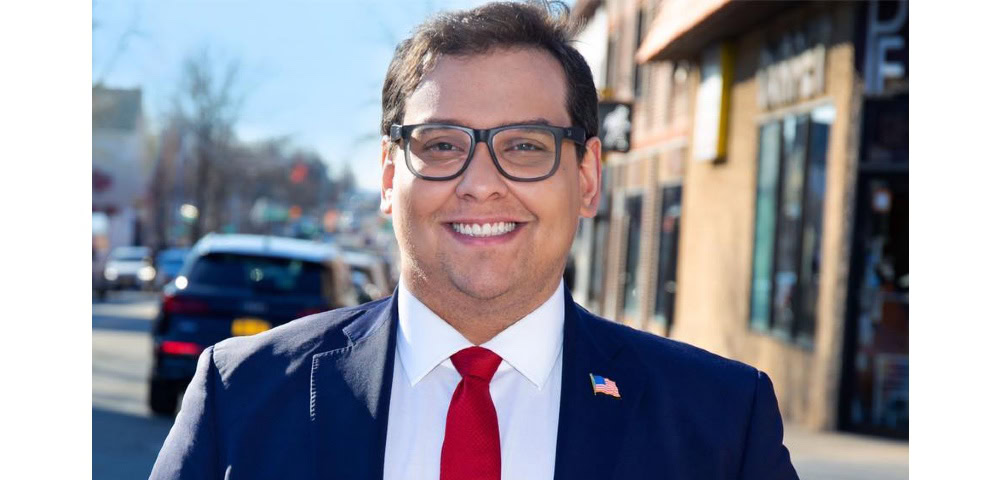
Insurance insult
A gay Melbourne couple who were forced to undergo blood and medical tests as part of an application for income protection insurance have labelled the requirements ‘invasive’ and ‘insensitive’.
When Simon Mallia and Lee Milne wanted to upgrade their insurance after buying a second property, they were shocked to read a question in their application which asked if they had “ever engaged in sexual activity with, or worked as, a prostitute; or engaged in anal sexual activity”.
After answering yes, they received a separate confidential questionnaire asking if they had ever used intravenous drugs, had a sexually transmitted disease or practised safe sex.
Mallia and Milne have been in a 10-year monogamous relationship, and share custody of Milne’s two children.
The couple answered honestly that they did not practise safe sex and were then required to undergo blood and medical tests.
Mallia said he and his partner became quite distressed at the process.
“I find the whole thing insensitive, invasive and discriminatory,” he said.
“Of course you need to answer correctly as non-disclosure is deemed criminal and if they found out, your insurance would be revoked. So once you tick yes [to having anal sex], gay men, prostitutes and those who have sex with prostitutes get the pleasure of the more in-depth questionnaire and testing.
“This is not a bank issue or a specific insurance provider issue, but an industry-wide issue of how they treat mainly gay men who answered honestly.”
When the Star Observer investigated the guidelines for insurers regarding monogamous same-sex couples, a representative for the Financial Services Council (FSC), which represents Australia’s life insurers and financial advisory networks, said the council was now looking at changing the guidelines.
“The [FSC] is finalising new guidelines for its member companies to establish whether a life insurance applicant is infected with HIV at the time of their application, or engages in activities which can represent a significantly above-average risk of an infection,” a spokeswoman said.
“Under the proposed guidelines for assessing an applicant’s risk of developing HIV/AIDS based on anal sexual activity, applicants who have been in a monogamous relationship for at least five years, or use condoms, will not be required to answer additional questions or undertake a medical test to determine their HIV status.”
Life insurers are required to have supporting evidence (e.g. actuarial or statistical data to support their underwriting process and decisions) to support their assessment of an applicant’s risk profile.
Mallia, who works in the banking sector, said he’d love to see the improvements to the application process.
“I know how important a safety net like income protection insurance can be in the current economic climate,” he said.
“Any way the experience of applying for a service like this can be improved to encourage gay men to protect themselves financially would be a great step forward.”










As person a living with disability as a result of HIV who claims on income protection insurance, I agree in principle that insurance companies should be able to ask about risk factors provided this is done fairly without undue discrimination. Unfortunately the risk that really needs to be assessed is who is likely to become one of the 15% of people living with HIV who become unwell rather than HIV infection itself. Regular sexual health checks prevent late presentation with HIV or AIDS but could indicate HIV infection risk. The ability to answer in-depth sexual questions varies tremendously with culture and experience and therefore can be unfair to ask. How many straight people with their partner hovering by are going to admit to anal sex or non-monogamy on a form? It would be expected in court that a gay male couple would have discussed these issues. I think a lot of people will judge using sex workers too difficult to mention and very easy to dismiss if safe sex was used. Denial is the greatest risk factor for HIV infection and stigma-loaded questions promote denial.
[…] Insurance insult A gay Melbourne couple who were forced to undergo blood and medical tests as part of an application for income protection insurance have labelled the requirements ‘invasive’ and ‘insensitive’. […]
Does anyone know of any income protection insurers that don’t ask such questions? I need to get it..
“If they don’t, there will be no insurance industry.”
Hooray!
And next you will be telling us that you would be willing to underwrite and invest in a company that offered life insurance to hiv+ people?
HIV may be “under control” to some extent, but it is not cured. People still die from the complications.
The insurance system – all of it – works on mathematical calculations performed by actuaries – and risky behavior needs to be identified and either eliminated or made to pay higher premiums to account for the related increase in claims.
Car insurance, for instance, should cost less for a retired person who puts less than 10,000 k on their car a year, than it should for a 20 year old courier who drives for a living. The premium for a $200,000 car should cost more than one for a $20.000 car.
Insurance companies should have a right to ask the hard questions to identify risk. If they don’t, there will be no insurance industry.
I also believe the insurers’ approach stereotypes people who have worked/are working in the sex industry. I understand such people have excellent sexual health outcomes. It would be great if someone from Scarlet Alliance or a past/present worker could confirm/expand on this.
Yes it’s the same old blood bank diatribe of sex workers as vectors of disease – someone ought to tell the insurance industry to look to the evidence. Sex workers have better sexual health outcomes than do our non-sex working counterparts where chlamydia, gonorrhoea and syphilis is on the rise. (Source: Donovan et al and Director Sydney Sexual Health Centre))
Rather than put themselves through all the stress and invasive questioning, they should have voted with their feet and chosen a different insurer. I know I would have!
Huh? I’m female, nothing wrong with anal and I certainly wouldn’t go with a company that asked such a personal question. What I do in the sack isn’t their business.
I think you’re missing the point Chris. Straight couples may get the second questionnaire but I can bet you one of the questions in that questionnaire is whether you have sex with men. Straight couples would not require testing for HIV. The person from that finance body explicitly talks about HIV risk.
This is a bit biased. The person said that gay men and prostitutes or people who have sex with prostitutes get the more in depth questions. But if a woman or straight man answered yes to participating in anal sex, they would be asked the same questions. It would be nice if you could point that out.
I remember only about 12 years ago trying to apply for a joint bank account with my partner at the time. We got knocked back by Suncorp (Toowoomba branch, admittedly) for not being able to prove a “business relationship” after we explained we were a couple. Haven’t dealt with them again since. Vote with your money if the questions get too personal, banks are notoriously small minded.
This reminds me of a personal experience over 25 years ago with an insurance company. I took out a superannuation policy and one of the questions was about whether one had same-sex relations. I caused a stir because I think I was one of the first to say, “yes I am gay”, what the hell is all this about. Nothing like seeing a whole lot of accountants and business types completely stressed and not knowing what to do! My situation was handled by the CEO mind you and yes, I still have that policy! lol It surprises me today that such situations still have to occur.
As positive people can live close to normal lives with the medications these days the insurance companies need to base their risk profiles on this rather than outdated medical information from the 1980’s.
That a positive person would be refused life insurance and that HIV- gay men in monogamous relationships have to go through this sort of shit is totally discriminatory and based on outdated information.